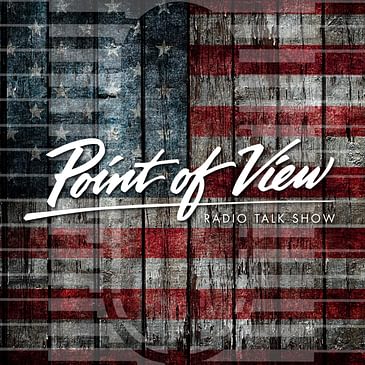Thursday, May 16, 2024

During the second hour, his guest is attorney and author Matthew Martens. Matt brings us his new book, Reforming Criminal Justice.
Connect with us on Facebook at facebook.com/pointofviewradio and on Twitter @PointofViewRTS with your opinions or comments.
Looking for just the Highlights? Follow us on Spotify at Point of View Highlights and get weekly highlights from some of the best interviews!


